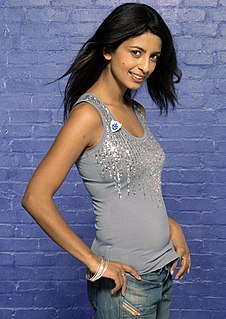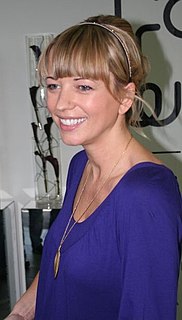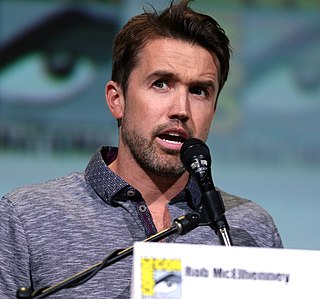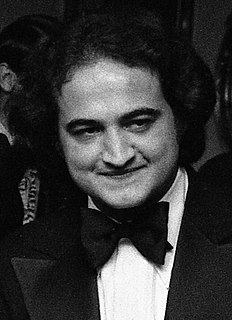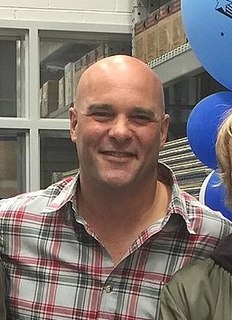A Quote by Garrison Keillor
When you're in your 20s, your 30s, even, you have - at least, I had - vast ambitions, and you sit around mooning about these things, and you're depressed, because you haven't done them. And it takes you a long time to come to the realization that if you can't be John Updike, well, then, you can't.
Related Quotes
You are not happy because you are well. You are well because you are happy. You are not depressed because trouble has come to you, but trouble has come to you because you are depressed. You can change your thoughts and feelings, and then the outer things will come to correspond, and indeed there is no other way of working.
I could never write about the sort of people John Cheever or John Updike or even Margaret Atwood write about. I don't mean I couldn't write as well as they do, which of course I couldn't; they're great writers, and I'm no writer at all. But I couldn't even write badly about normal, neurotic people. I don't know that world from the inside. That's just not my orientation.
I have been doing this [acting] for a really long time, so I've come to expect things to take a really long time. You get to a place where you do your job and then you dust your hands off and say, "Okay, my job is done. Now, it's in the stars. We'll see what happens." There's nothing I can do to affect it.
You really have to examine how long you are going to live in the house; budget and then you have to come up with a plan that fits within all of those things. Then you have to stop, sit down and stare at that plan for a couple of months, take your time and live with it in your mind. Once you've got your budget, plan it.

